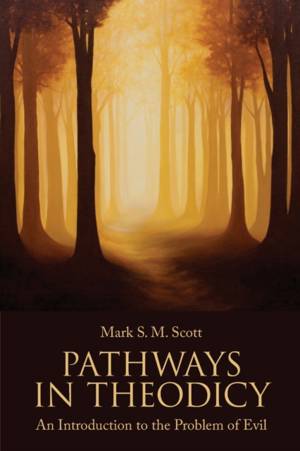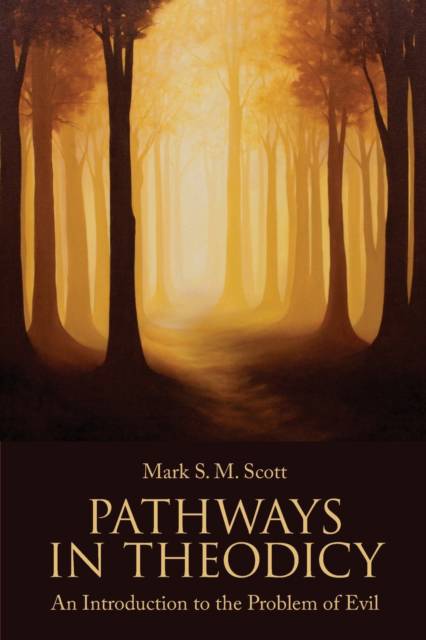
- Afhalen na 1 uur in een winkel met voorraad
- Gratis thuislevering in België vanaf € 30
- Ruim aanbod met 7 miljoen producten
- Afhalen na 1 uur in een winkel met voorraad
- Gratis thuislevering in België vanaf € 30
- Ruim aanbod met 7 miljoen producten
Omschrijving
Why does God permit senseless suffering? If God is good and all-powerful, why does evil exist? The problem of evil perennially vexes theology, but many theologians have abandoned the project of theodicy, or the theological explanation of evil, as either fruitless or hopeless. Academic studies on theodicy, moreover, typically succumb to theological deficiency and abstraction, often devoid of any concrete connection to Christian life and practice. In Pathways in Theodicy, designed for students and scholars alike, Mark S. M. Scott reinvigorates stalled debates in philosophy and theology through a detailed reassessment of the problem of evil and the task of theodicy and through a careful analysis of the major models and motifs in theodicy.
Scott explores the strengths and weaknesses of classic and contemporary perspectives on the problem of evil and invites readers to assess the cogency and relevance of each on their own. Rather than promoting a single perspective, Pathways in Theodicy explores the plurality of options available to treat the problem of evil and the provisional and tentative nature of theodicy, which searches not for final, definitive solutions but for viable ways to move the conversation forward.
Specificaties
Betrokkenen
- Auteur(s):
- Uitgeverij:
Inhoud
- Aantal bladzijden:
- 160
- Taal:
- Engels
Eigenschappen
- Productcode (EAN):
- 9781451464702
- Verschijningsdatum:
- 1/05/2015
- Uitvoering:
- Paperback
- Formaat:
- Trade paperback (VS)
- Afmetingen:
- 164 mm x 224 mm
- Gewicht:
- 399 g

Alleen bij Standaard Boekhandel
Beoordelingen
We publiceren alleen reviews die voldoen aan de voorwaarden voor reviews. Bekijk onze voorwaarden voor reviews.











